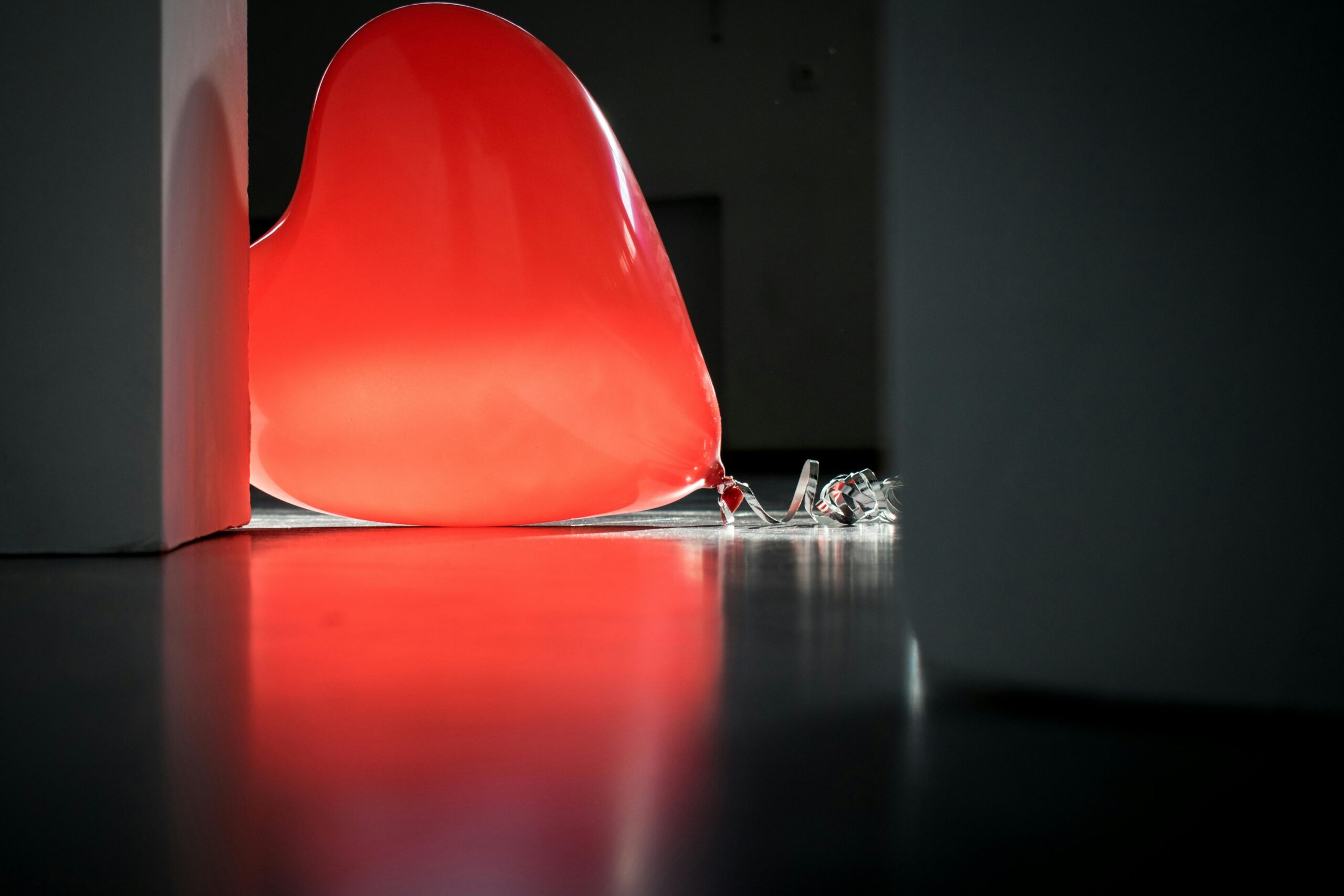During the hot summer months, heart-related health issues increase. An expert has some tips for healthy hearts. To find out, read on!
As the summer heats up, the risks of heat-related health issues like heat stroke, cramps, exhaustion and dehydration increase. Heat-related challenges are particularly damaging to our cardiovascular system. Our hearts are tasked with additional work as they work to cool down through sweating and redirect blood flow. Our heart health is important for these demanding conditions.
TheHealthSite.com reached out to DrNilay Patel, Interventional Cardiologist, Asian Heart Institute, to better understand the issues and get an expert opinion on how to keep our hearts healthy in the hot summer months. Ten key points for better heart care during the summer months were offered. Ten key points for better heart care were offered. Read these 10 helpful hints to keep your heart healthy this summer.
Drinking water is vital for staying healthy.
Keep hydrated by drinking 11 cups of water per day for women and 16 cups for men. If plain water doesn’t appeal to you, consider flavored water, but the bottom line is to keep yourself hydrated.
It is important to time your exercise carefully.
The strain on your heart can be reduced by early morning exercise.
Cut back on alcohol and other stimulants.
Drinking too much alcohol and caffeine during hot weather is best.
Keep cool by doing yoga.
It is possible to regulate your body temperature by doing pranayama or deep breathing exercises, which helps your heart stay healthy.
You might want to try the Mediterranean diet.
A heart-smart diet should include plenty of salads and fruits. These refreshing options are not only refreshing, but they also contribute to cardiovascular well-being, following the principles of the Mediterranean diet.
In moderation, enjoy the sun in moderation.
It’s important to practice moderation, but remember that exposure to sunlight can boost your Vitamin D levels, which is beneficial for heart health. Sun exposure should last around 30 minutes, but make sure you cover up and don’t get too hot.
You should take regular breaks.
If you are spending time outdoors, take frequent breaks in shaded or cooler areas to rest and hydrate. It is possible to prevent heat exhaustion by being patient and not pushing yourself too hard.
You should have your heart rate monitored.
In hot weather, you should keep an eye on your heart rate. Feeling dizzy, nauseated or uncomfortable in your chest? Take a break and seek medical help if necessary. Keep your heart healthy by paying close attention to your body and knowing when to slow down or stop doing things.
Lightweight attire is best. The clothing should be lightweight.
Wear loose-fitting, lightweight clothing made of breathable fabrics like cotton to keep your body cool and prevent overheating. Light-colored clothing that reflects sunlight and heat can aid in temperature control.
Deep, restful sleep should be your top priority.
It’s important to get enough sleep for your heart. Your body has a circadian rhythm that helps regulate sleep-wake cycles. A regular sleep schedule can be difficult during hot weather due to increased discomfort and higher temperatures. A consistent sleep routine is especially important during these times. You should have a cool place to sleep, even in the heat.
